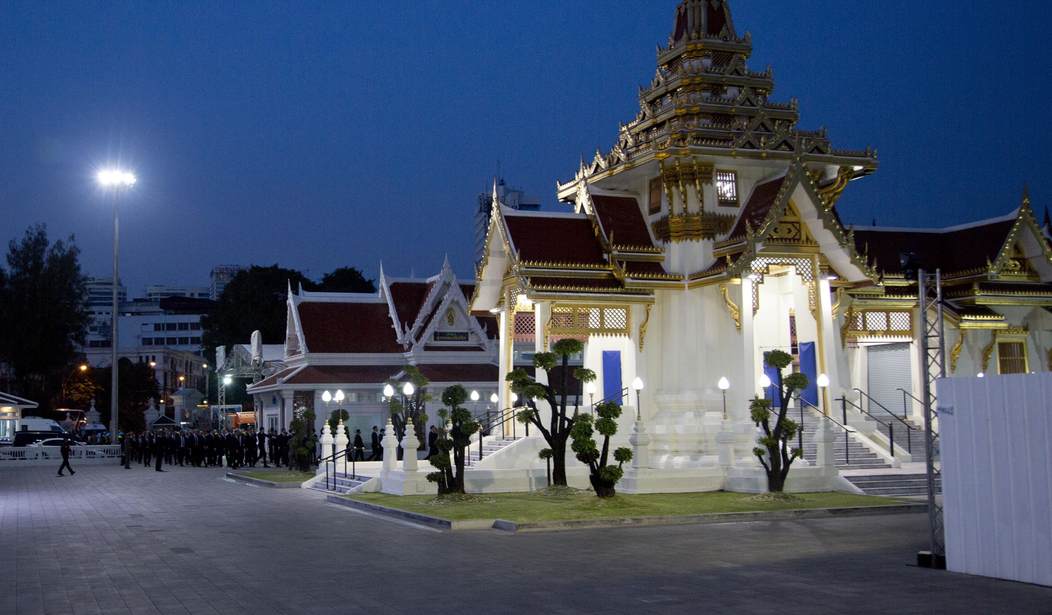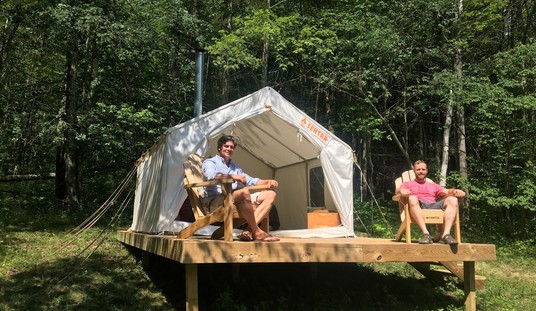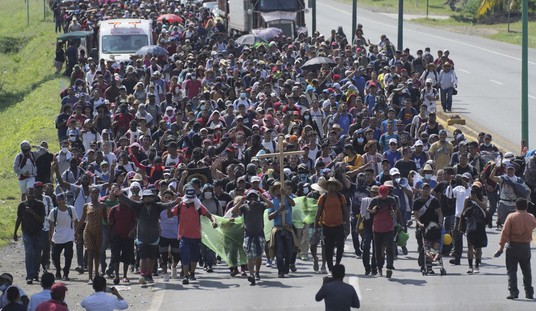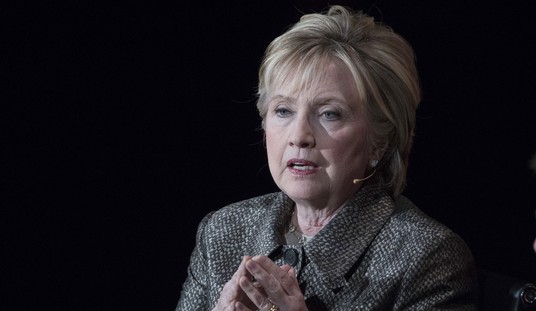I have lived in Asia for many years of my life, so I can confidently assert that the only Asians who are remotely interested in this Marxist obsession over alphabetizing people are the ones groomed in Western educational institutions.
And even they, the Western-educated children of the elite, don’t really get it, East Asian culture being so dissimilar from the West with its obsession with human rights and whatnot; they just parrot the narrative because they know it’s trendy and urbane.
Related: Converted Pagan Headhunters and the Shining City on a Hill
Once, in 2018 or so, I went to a Pride™ exhibition somewhere in Bangkok out of morbid curiosity and took my provincial and salt-of-the-Earth then-Thai girlfriend.
It turned out, as these things often do, to not be a festive, light-hearted embrace of alternative sexual practices but a litany of illustrative grievances regarding the alleged historical persecution of all manner of sexual deviants and commensurate demands for Equity™ laws worldwide in the name of human rights.
I knew where all of this was coming from — not the cultural loins of Thailand, to be certain — but my girlfriend left confused, both because the obsession with “human rights” is a decidedly Western thing and because gays and “ladyboys” in Thailand are not at all discriminated against to the extent that the exhibit contended, which would lead one to believe they were being wantonly gunned down in the streets.
Thai people, and Asians in general, don’t do the grievance industry thing, and particularly not for LGBTQ+++™ people.
Again, no one outside of the West — save for a tiny minority of elite natives indoctrinated in the West — cares about this obsession with turning every living thing into a sexually confused eunuch.
But it’s not for lack of trying by powerful Western interests — like, for instance, CNN, which is very concerned with the lack of Equity™ in this region.
Related: Irish LGBTQ+++™ Lady Inmate Proves He Shouldn't Be Housed With Women
Via CNN (emphasis added):
Rainbow flags rippled in the wind as gay and lesbian couples walked hand in hand down a makeshift aisle in Bangkok’s busy Siam shopping district.
Thailand’s Senate had just passed a marriage equality bill, and the local LGBTQ+ community was in the mood to celebrate.
While the ceremonies were symbolic enactments of same-sex weddings, the real thing could be just around the corner.
“When I was young, people said people like us couldn’t have a family, can’t have children, so marriage was impossible,” Bangkok resident Pokpong Jitjaiyai told CNN on the day the bill was passed.
“Now I can freely say that I am gay,” said Pokpong, who can’t wait to marry his partner Watit Benjamonkolchai.
The law, passed in June, still requires the thumbs-up from the king, but that is expected soon, clearing the way for Thailand to become the first jurisdiction in Southeast Asia to legalize same-sex marriage, and Asia’s third after Taiwan in 2019 and Nepal last year.
But the recent flurry of progress for marriage equality in Asia could stop there, with no other government in the region looking likely to follow suit anytime soon.
Here, CNN cites a “lack of robust democratic systems” in these countries as the likely reason for no gay marriage yet, a euphemism for “Western NGO invasion and takeover.”
Continuing:
“Despite some historic wins in the region… the human rights of LGBTI people across Asia continue to be denied,” said Nadia Rahman, policy advisor at Amnesty International’s Global Gender, Racial Justice, Refugees and Migrants Rights Programme. She added that people from these communities face “criminalization, threats of arrest, discrimination, digital surveillance, harassment, online abuse, stigma and violence.”
While liberalization in Thailand, Nepal and Taiwan was propelled by those places’ unique cultures and socio-political circumstances, scholars and activists said, most other Asian governments are held back by conservative social attitudes, influential religious groups and the lack of robust democratic systems.










